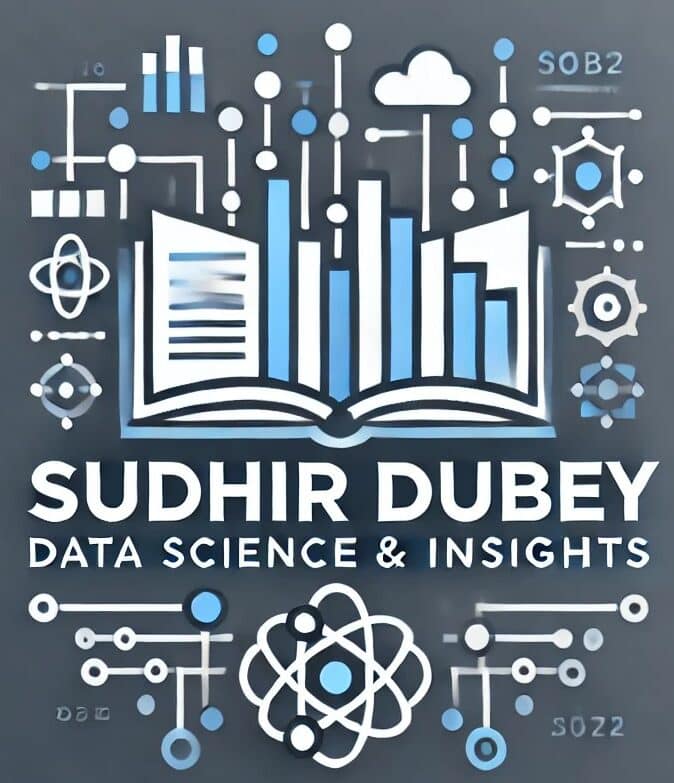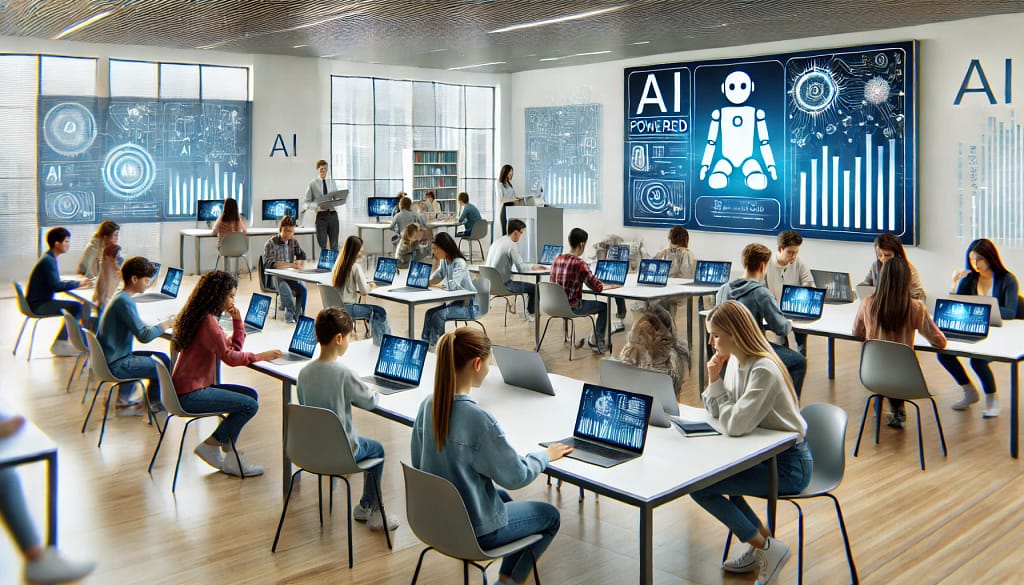AI in Education: 7 Proven Ways Personalized AI Tutoring Revolutionizes Learning
In today’s rapidly evolving world, AI in education is emerging as a transformative force, shaping the way students learn and teachers instruct. One of the most intriguing aspects is the rise of personalized AI tutoring, which promises customized learning experiences that adapt to individual student needs. This innovative approach is not only enhancing educational outcomes but also providing students with the flexibility and support they need to thrive. In this article, we’ll explore how AI is revolutionizing education and highlight seven proven ways personalized AI tutoring is making a significant impact.
- AI Trends in Education
- Personalized AI Tutoring: How It Works
- Benefits of Personalized AI Tutoring
- Case Studies: Success Stories
- Challenges and Considerations
- The Future of AI in Education
AI Trends in Education
AI technology is driving significant trends in the education sector. From automating administrative tasks to offering personalized learning plans, the integration of AI technologies is diverse and varied. Institutions are increasingly adopting AI systems that allow for intuitive interfaces where students can interact and engage more effectively.
Personalized AI Tutoring: How It Works
Personalized AI tutoring utilizes machine learning algorithms to tailor educational experiences. By analyzing data from students’ interactions, including learning style, pace, and understanding, AI systems can provide immediate feedback and custom content aimed at maximizing a student’s potential.
The Role of Data
Data is the cornerstone of personalized AI tutoring. AI algorithms continuously learn from each interaction, adjusting the curriculum to better fit the student’s needs. This dynamic interaction ensures that the learning process is both engaging and effective.
Benefits of Personalized AI Tutoring
Personalized AI tutoring offers numerous benefits:
- Customized Learning Paths: AI creates individualized learning experiences, reducing the one-size-fits-all approach.
- 24/7 Accessibility: Students can access tutoring on-demand, leading to more flexible learning schedules.
- Instant Feedback: AI systems provide immediate evaluation and guidance, promoting better learning retention.
- Global Reach: AI tutoring can be accessible from anywhere, opening educational opportunities for remote and underprivileged communities.
Case Studies: Success Stories
Several schools have successfully applied AI tutoring with impressive outcomes. For example, XYZ School reported a 25% increase in student mathematics scores after integrating AI-based tutoring systems. Similarly, ABC University found that students engaging with AI tutors displayed a higher engagement level, translating to better overall performance.
Challenges and Considerations
Despite the advantages, challenges exist. Data privacy concerns and the need for substantial initial investment are significant barriers. Furthermore, the risk of over-reliance on AI can potentially hinder the development of critical human teaching skills.
The Future of AI in Education
The future of AI in education is bright, with ongoing advancements promising even greater integration into our learning systems. As AI continues to evolve, it will likely incorporate virtual reality and augmented reality to create immersive learning environments. It is essential for educational institutions to stay ahead of these trends to maximize the benefits AI can offer.
Image Description: A student interacting with a personalized AI tutoring interface, showcasing the innovative technology in education.
Frequently Asked Questions
What is personalized AI tutoring?
Personalized AI tutoring uses artificial intelligence to provide tailored educational support to students, adapting to their individual learning pace and style.
How does AI improve educational outcomes?
AI enhances educational outcomes by providing personalized learning experiences, offering 24/7 access, and delivering instant feedback, all of which contribute to better student engagement and understanding.
What challenges do educational institutions face in implementing AI?
Challenges include data privacy concerns, high initial implementation costs, and ensuring that AI complements rather than supplants traditional teaching methods.
Conclusion
AI in education, especially through personalized AI tutoring, offers transformative potential to revolutionize how students learn and interact with information. While challenges remain, the benefits in accessibility, engagement, and tailored learning are undeniable. As AI technology progresses, it’s crucial for educators and institutions to embrace its potential fully. Explore our other articles on the future of technology in education and see how you can stay updated in this evolving landscape.



